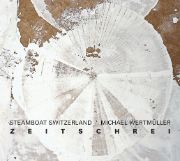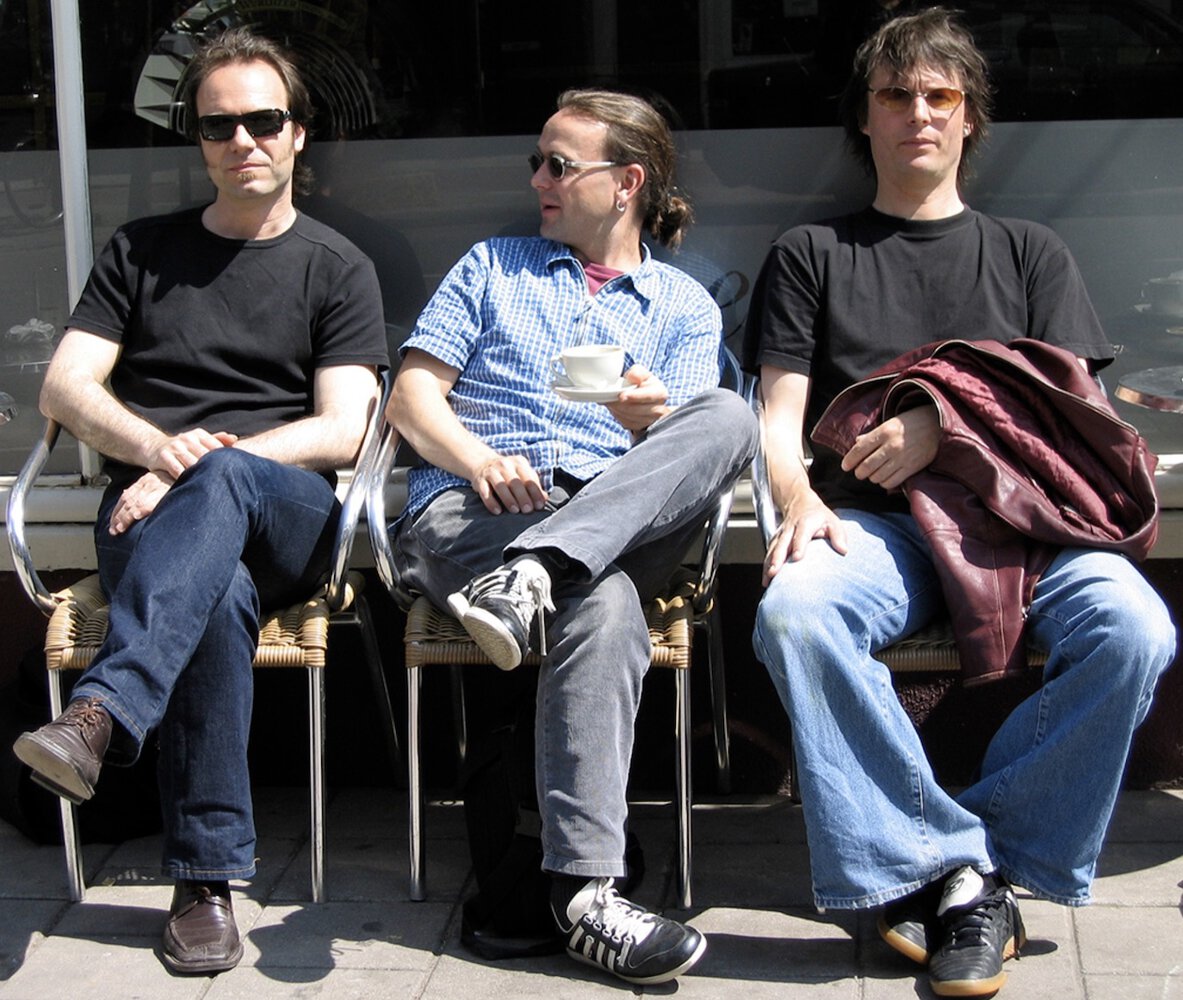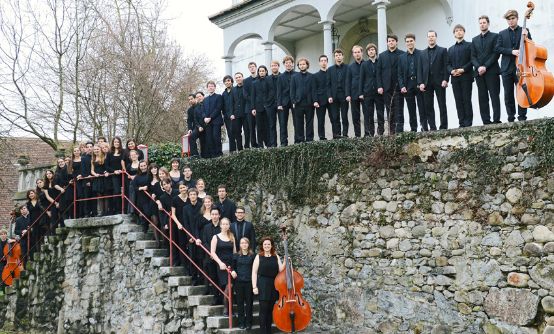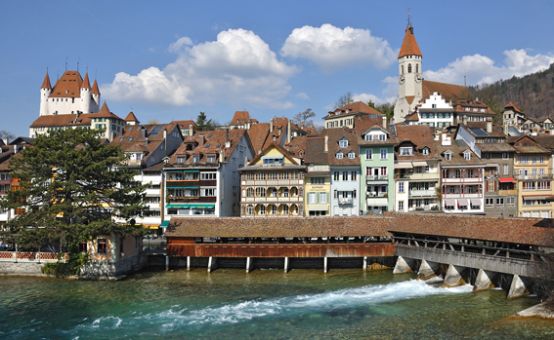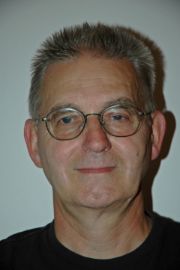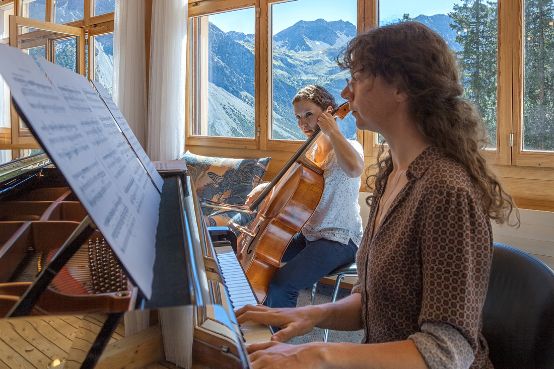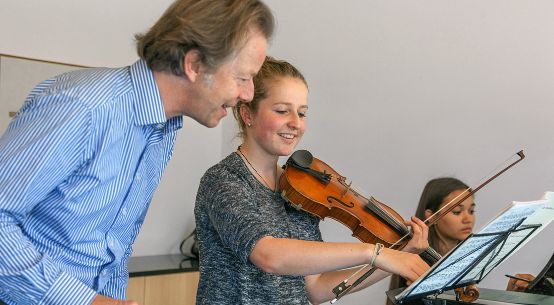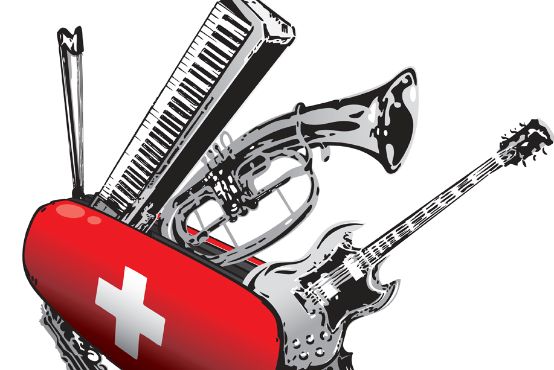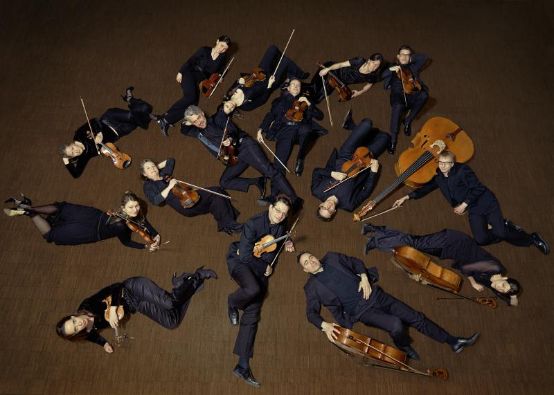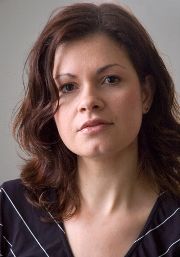Tailor-made programs for university graduates
The Swiss Arts Council Pro Helvetia aims to open doors to national and international careers for young artists in the first five years after completing their training. The program for young artists includes offers for all supported disciplines and is developed with experienced partner institutions in Switzerland and abroad.
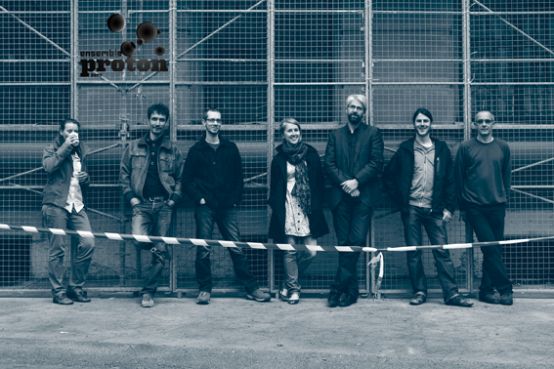
In many artists' biographies, the course is set early on. The first few years after completing their training are decisive for the further course of their career. This is where Pro Helvetia's support for young artists comes in, as it has been given this task with the new Culture Promotion Act: With an age limit of 35, it supports the most talented Swiss artists in the first five years after graduating from an art college or after their first public performance. Pro Helvetia wants to make it easier for them to enter the world of professional art and support them on their way to a national and international breakthrough. The foundation relies on a wide range of offers that it has developed with experienced partner organizations. These include festivals, music ensembles, galleries and art academies in Switzerland and abroad.
In order to establish young talents at an international level as quickly as possible, individually tailored measures are needed that are geared towards their artistic development potential and the requirements of the market. Know-how exchange and networking such as coaching or artist-in-residence programs are in demand. With the "Klassenarbeit" project, for example, the ensemble recherche in Freiburg im Breisgau, which specializes in contemporary music, enables young Swiss composers to develop and perform new works. Other partners include the ORPHEUS Swiss Chamber Music Competition and ensemble proton bern.
A detailed overview of all young talent projects is available:
www.prohelvetia.ch/Nachwuchs








